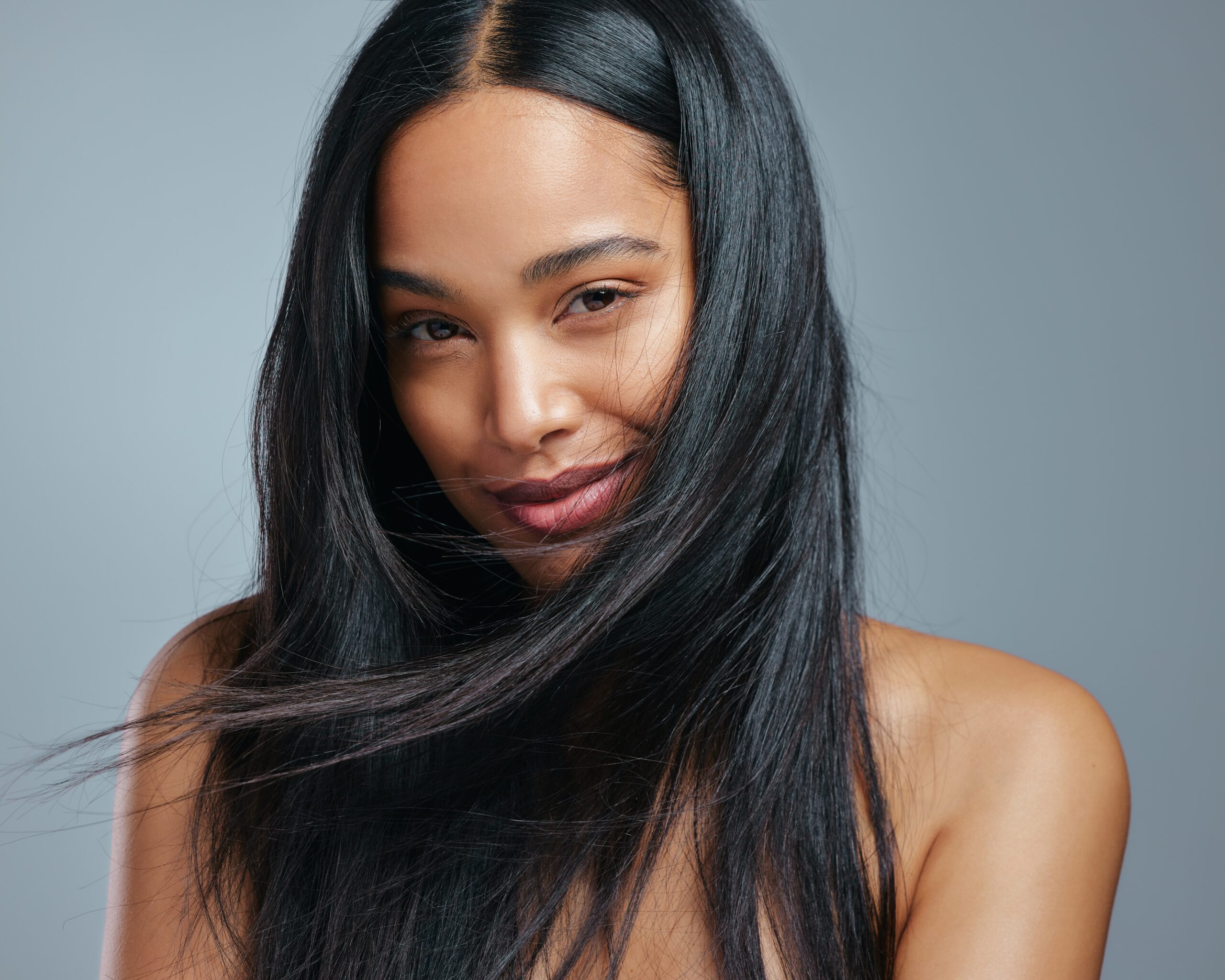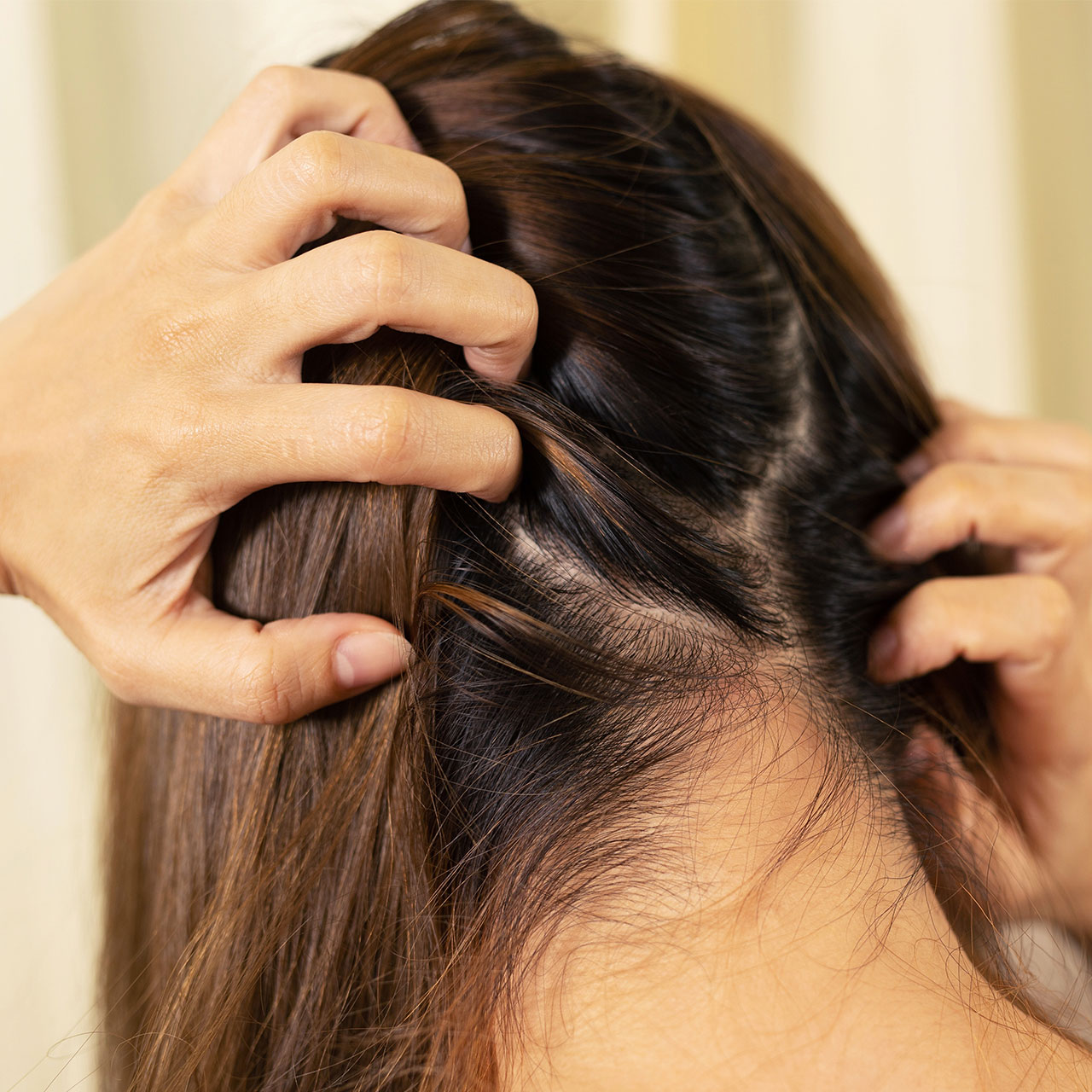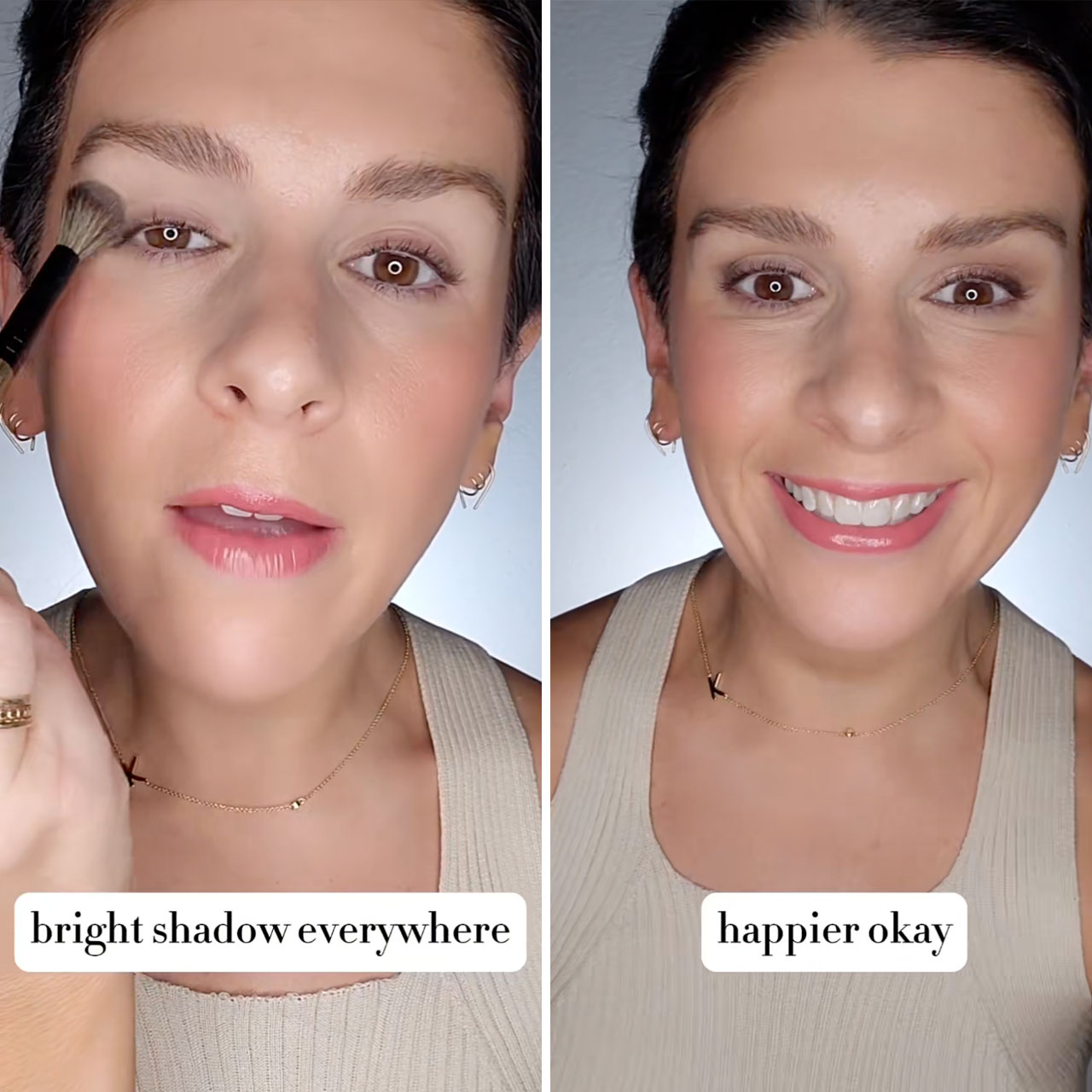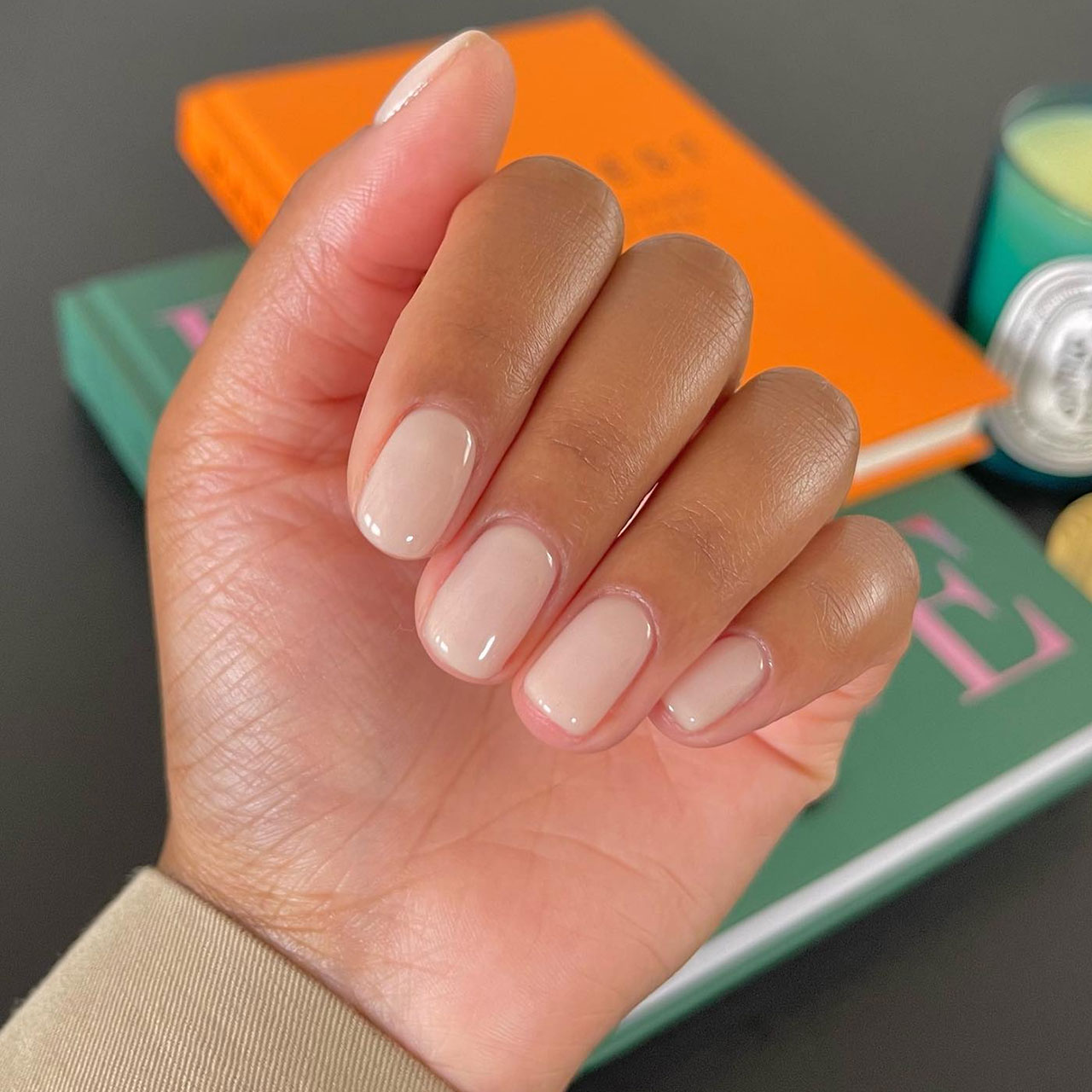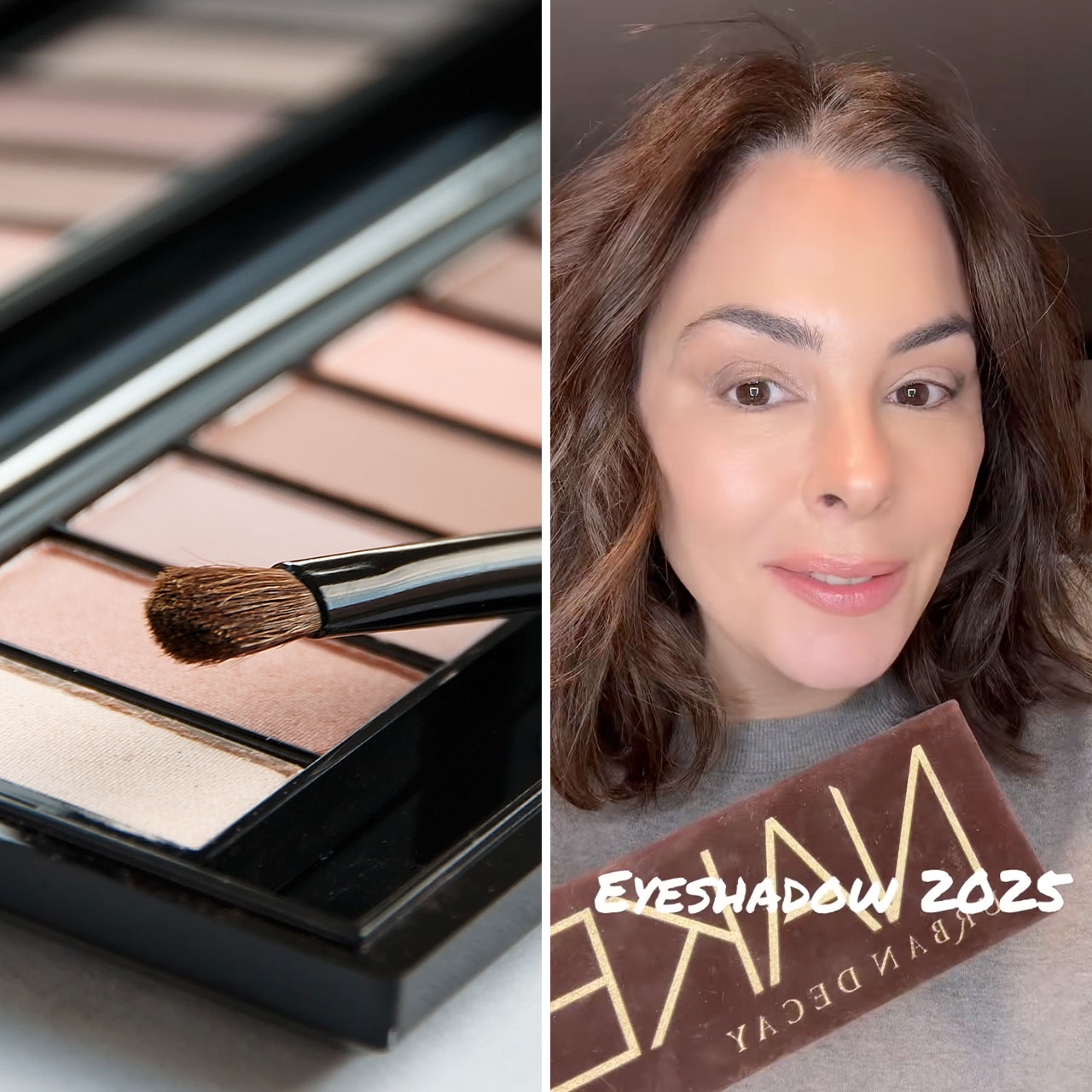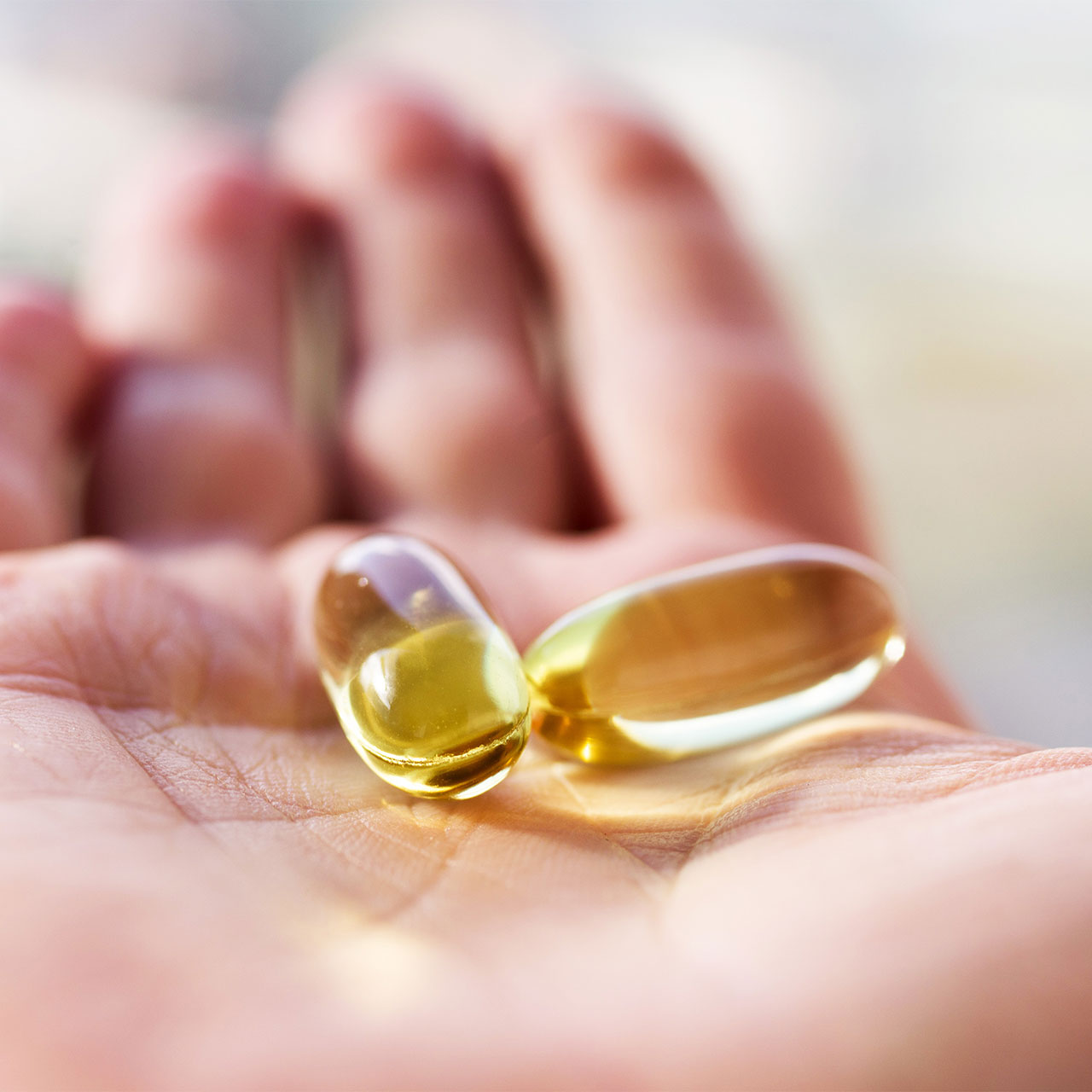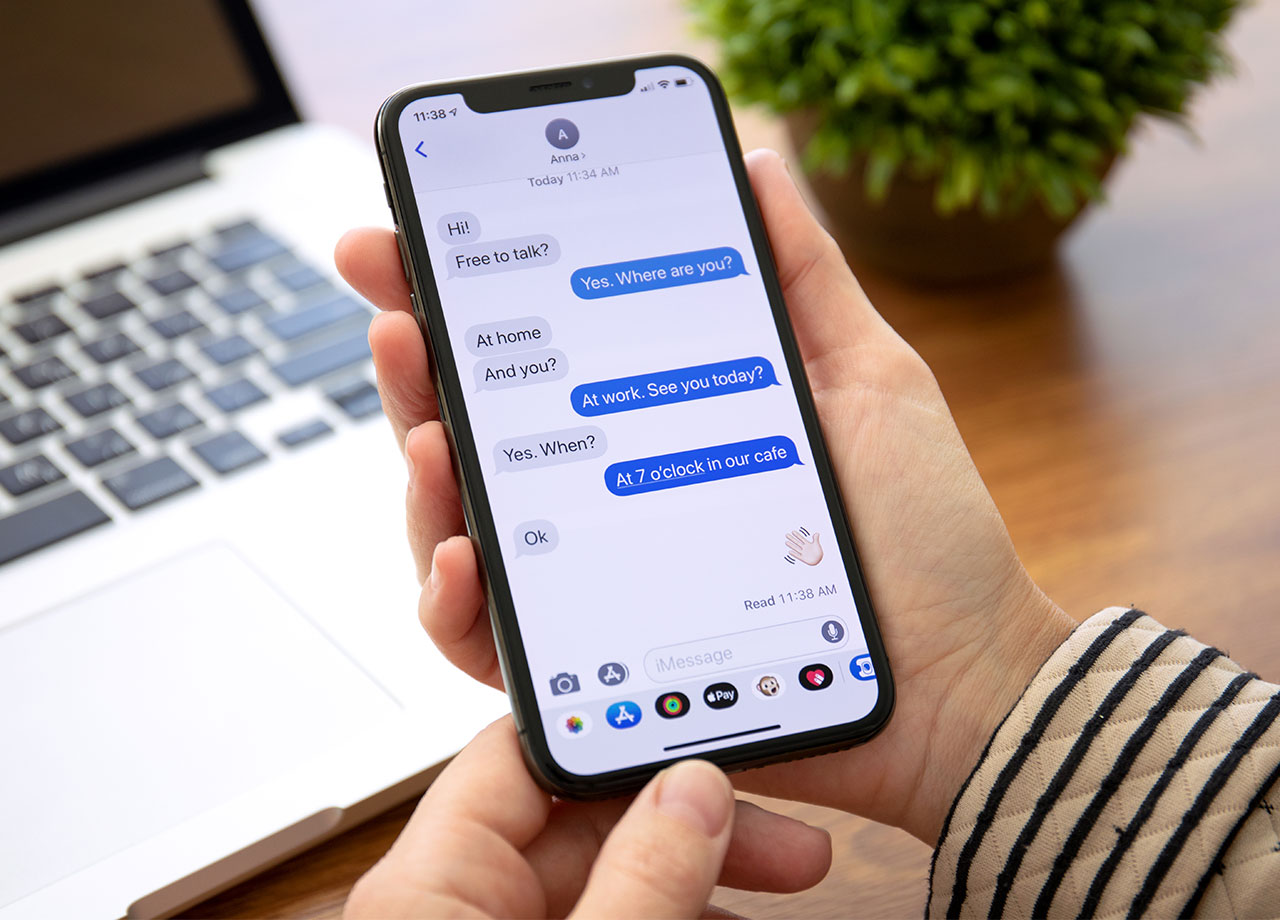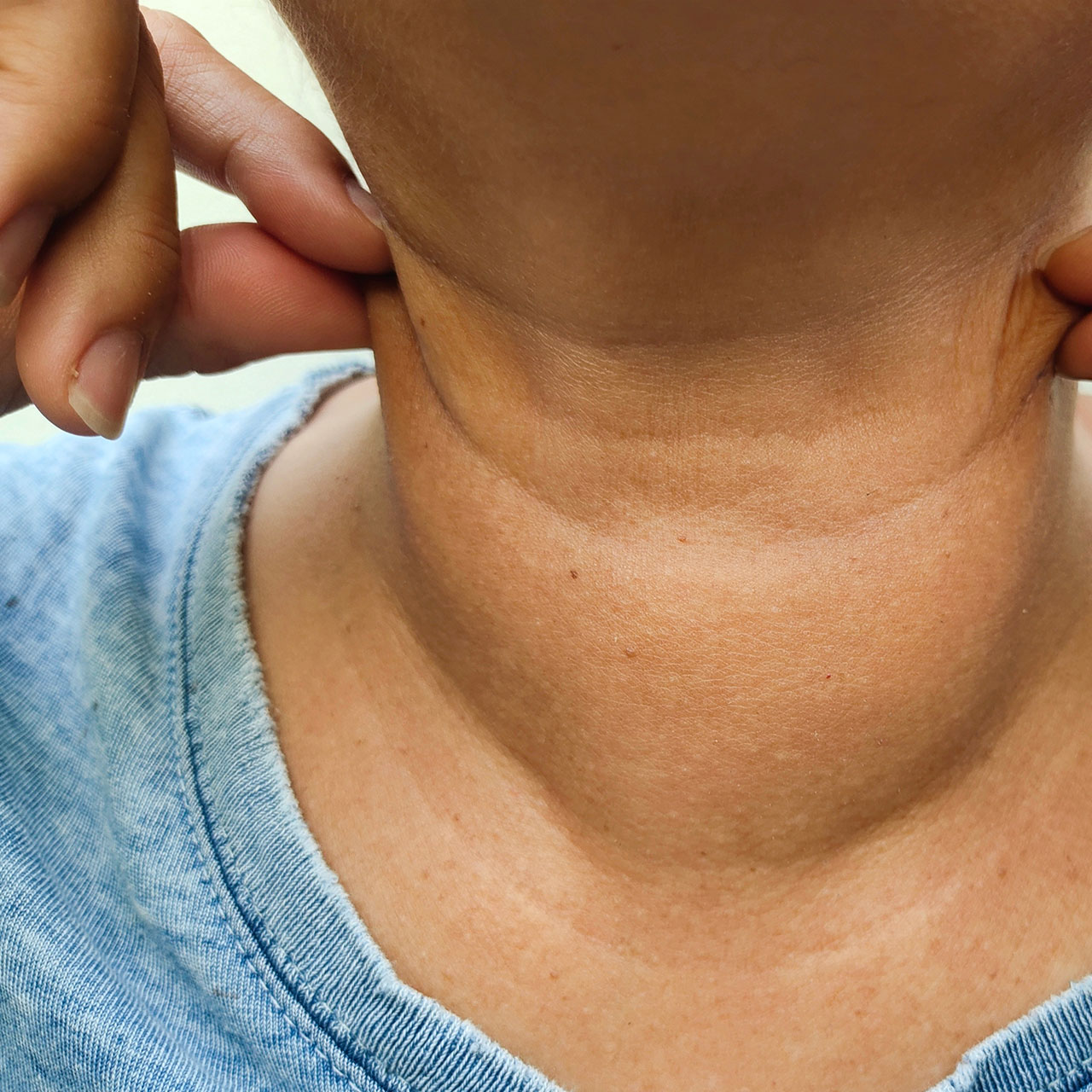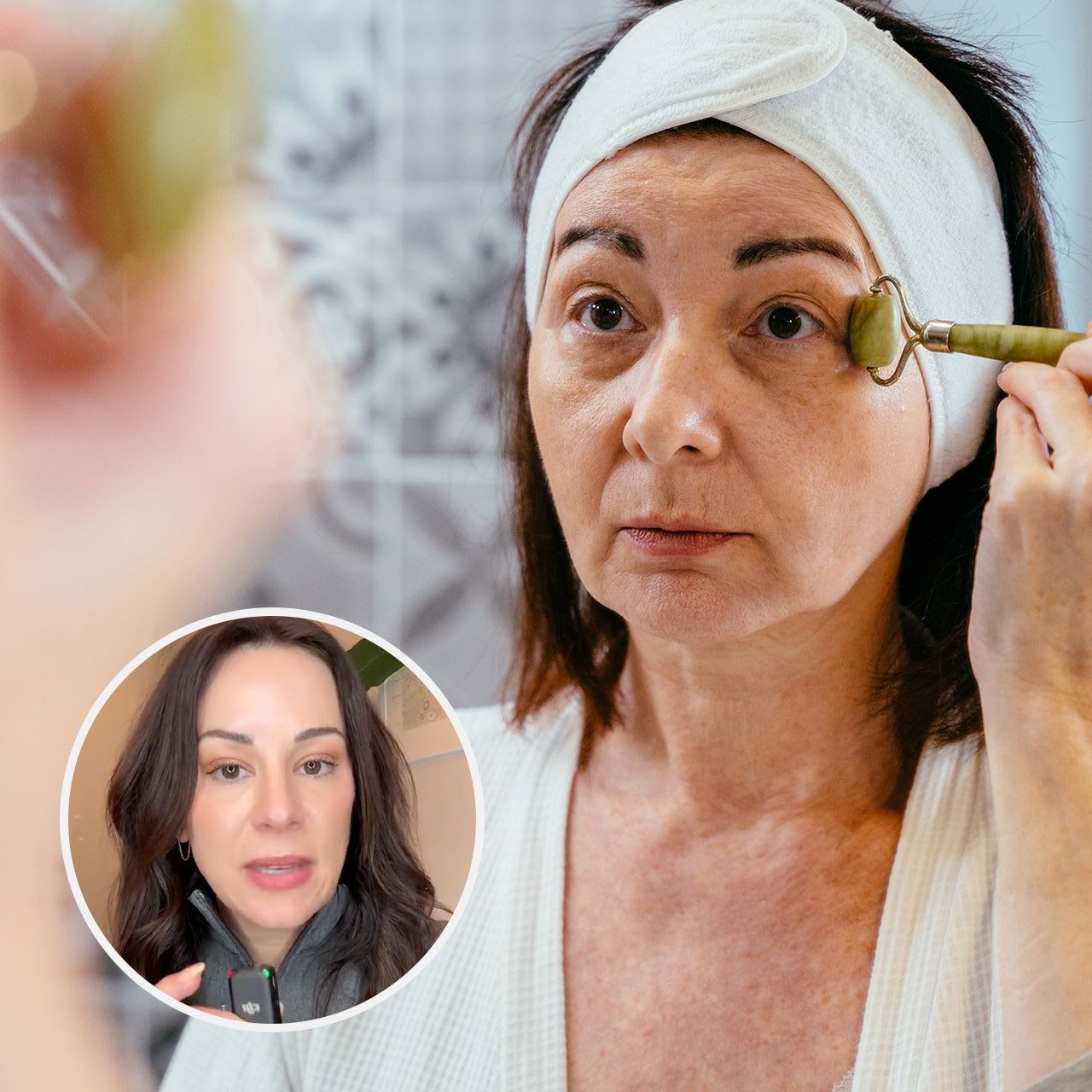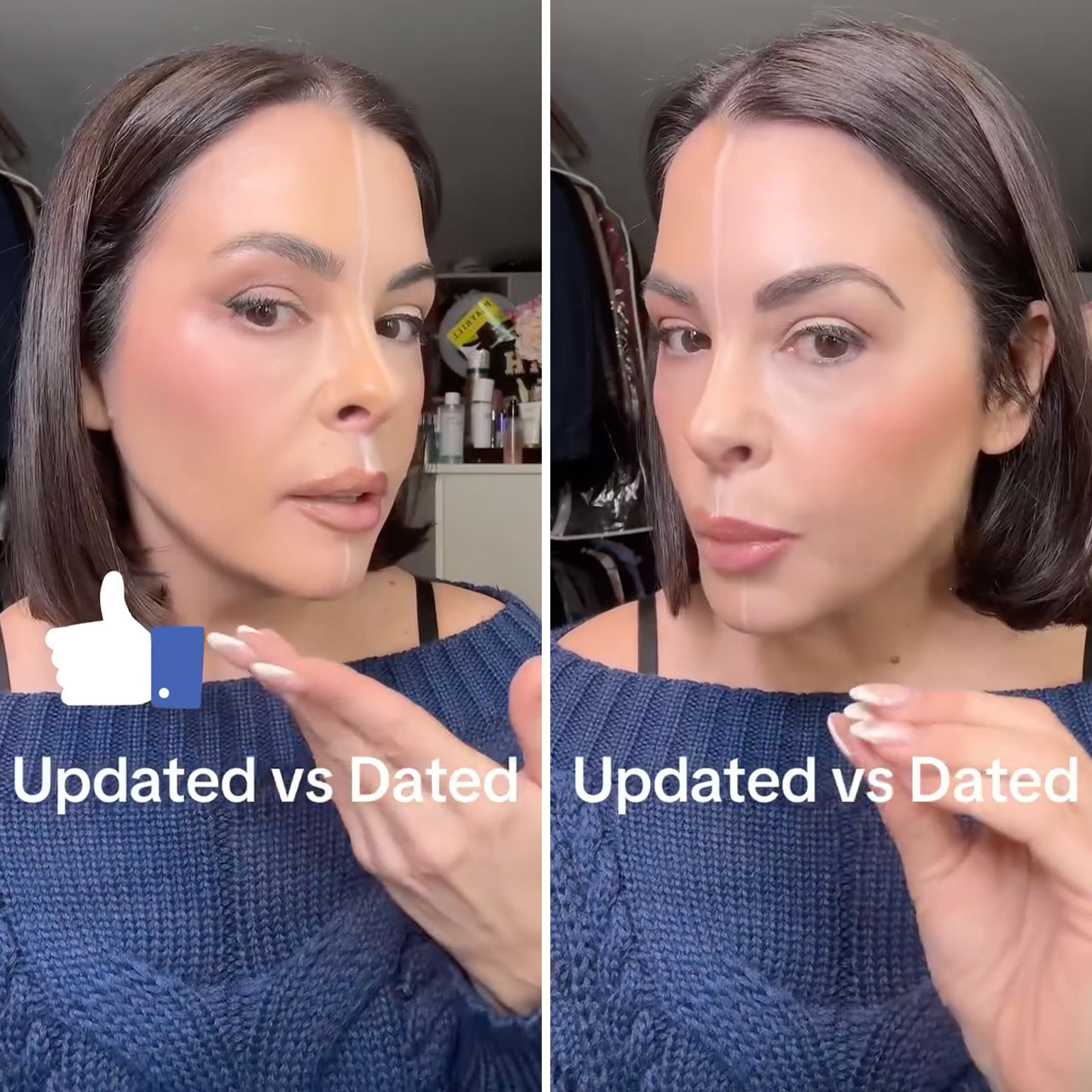Entering the world of hair supplements can feel daunting, especially if you aren’t sure where to start. While there are plenty of acclaimed supplement options like biotin and saw palmetto, there are also certain options that could inadvertently exacerbate thinning and loss.
In a recent interview with The Mirror, Dr. Balwi, leading hair surgeon at Elithair, explained why it’s important not to go overboard when it comes to supplementation, and also shared four surprising supplements that could be linked to hair loss, thinning and shedding. We also checked in with hair care experts to learn more about selenium, vitamin E, zinc and vitamin A supplements regarding thinning hair.
Selenium, frequently found in hair growth supplements, is lauded for its benefits to thyroid health and the immune system. Nevertheless, as the publication notes, excessive intake of this mineral can lead to negative consequences. “Overuse creates a surplus of antioxidant enzymes which results in the body attacking its cells, including those in hair follicles,” writes Paul Speed for The Mirror.

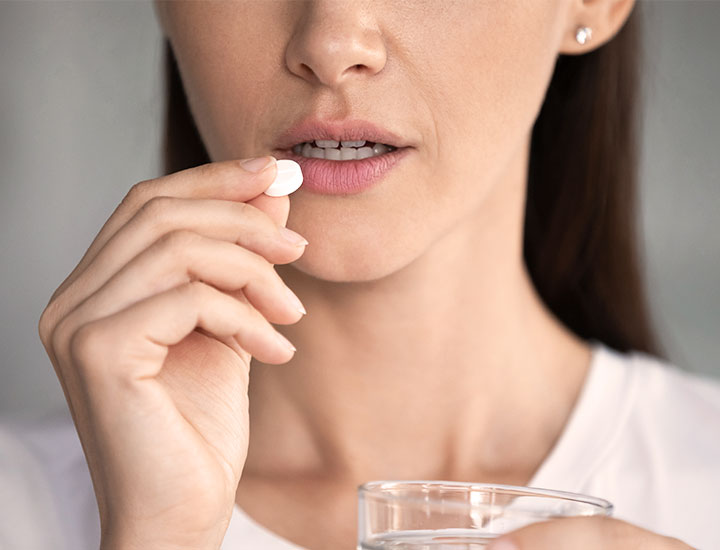
4 Surprising Supplements That Could Be Linked To Hair Loss, Shedding And Thinning, According To Experts
1. Selenium
Speed adds that "over-supplementation" with selenium can then "lead to brittle hair, causing breakages and patchy hair loss." Additional symptoms of selenium toxicity include "nausea, vomiting, nail brittleness and discolorations," he goes on. Typically found in foods such as fish, ham and brazil nuts, selenium is a naturally occurring nutrient that provides great benefit to the body. That being said, if you’re suffering from hair loss, there’s a chance your selenium supplementation may be to blame.
“While it’s an essential nutrient, [selenium] can be linked to hair loss when taken in excess. If you’re experiencing unwanted hair loss, it’s probably a good idea to watch your selenium consumption,” Jae Pak, M.D., hair restoration specialist tells SheFinds. The reason that vitamins and supplements may have adverse effects on your health, he says, is that they’re often not firmly regulated by the FDA, meaning that many side effects can fly under the radar as they’re not being tested for. “This has been a problem to the consumer for many years, [and] is why choosing a reputable company who is cGMP-certified is essential,” suggests PharmaD, Joseph Kennedy.
He tells us: “This means their products are manufactured with state of the art technology that is up to date and more importantly, these facilities conduct a series of batch testing to ensure quality, cleanliness and accurate potency.” Selenium has been largely associated with hair loss in the past, and in a study conducted by the International Journal of Trichology, it was found to have the potential to cause “massive alopecia” when consumed in excess, particularly in the form of paradise nuts.
Therefore, Kennedy suggests skipping out on selenium supplements, as well as unregulated products altogether in favor of a collagen supplement if you’re struggling with significant hair loss.
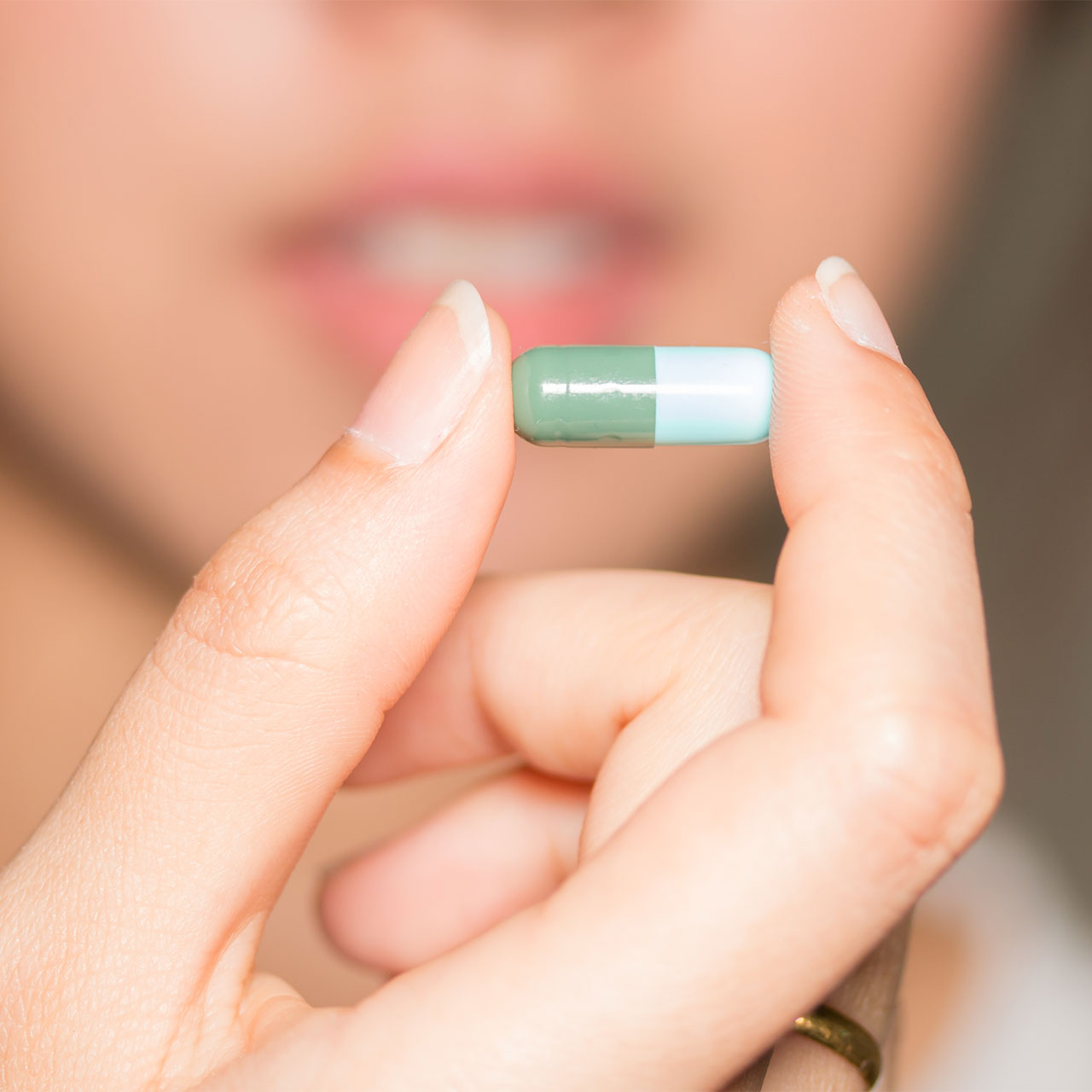
2. Vitamin E
Vitamin E is renowned for its ability to bolster the immune system and promote healthy skin and eyes. The Mirror notes that the suggested daily intake for both men and women is 15mg, which can be obtained from a diverse array of foods such as seeds, nuts, and plant oils.
Nevertheless, Speed cautions that excessive consumption may actually contribute to hair loss, even though the vitamin is highly beneficial for skin and cognitive health.

3. Zinc
We often "overlook an important mineral for hair growth: zinc," Lisa Richards, dietitian and creator of The Candida Diet, tells us. When you're choosing supplements to help prevent thinning hair and boost volume, several options likely pop into your head before you think of this one—and you'll likely find many other ingredients present in more products than zinc is.
As Richards points out, "most hair loss supplements contain biotin, niacin, and vitamin c." And while these are all certainly helpful and essential in the health of your hair, she tells us that "zinc could be the answer many people are looking for when it comes to hair growth." However, as Speed warns, "when taken in excess this mineral can have adverse effects and cause you to lose hair instead, so it’s important to find the right balance."

4. Vitamin A
When it comes to vitamins and minerals, it's important to understand that "while they are essential for hair growth, over-supplementation of certain nutrients can actually cause hair loss," Anastasios Moulios, founder of Beardlong, tells SheFinds. “One of the vitamins that can cause hair loss is vitamin A. It's important for vision, immune function, and skin health, but too much of it can lead to hair loss. Taking excessive amounts of vitamin A supplements can cause hair follicles to go into a dormant phase and stop growing hair.”
Similarly, Speed writes that while vitamins and supplements like vitamin A can "play a crucial role in supporting overall health and wellbeing, it's extremely important to be mindful of the dosage and potential consequences of over-supplementation." He adds: "Before incorporating new supplements into your diet, we recommend consulting with a healthcare professional."
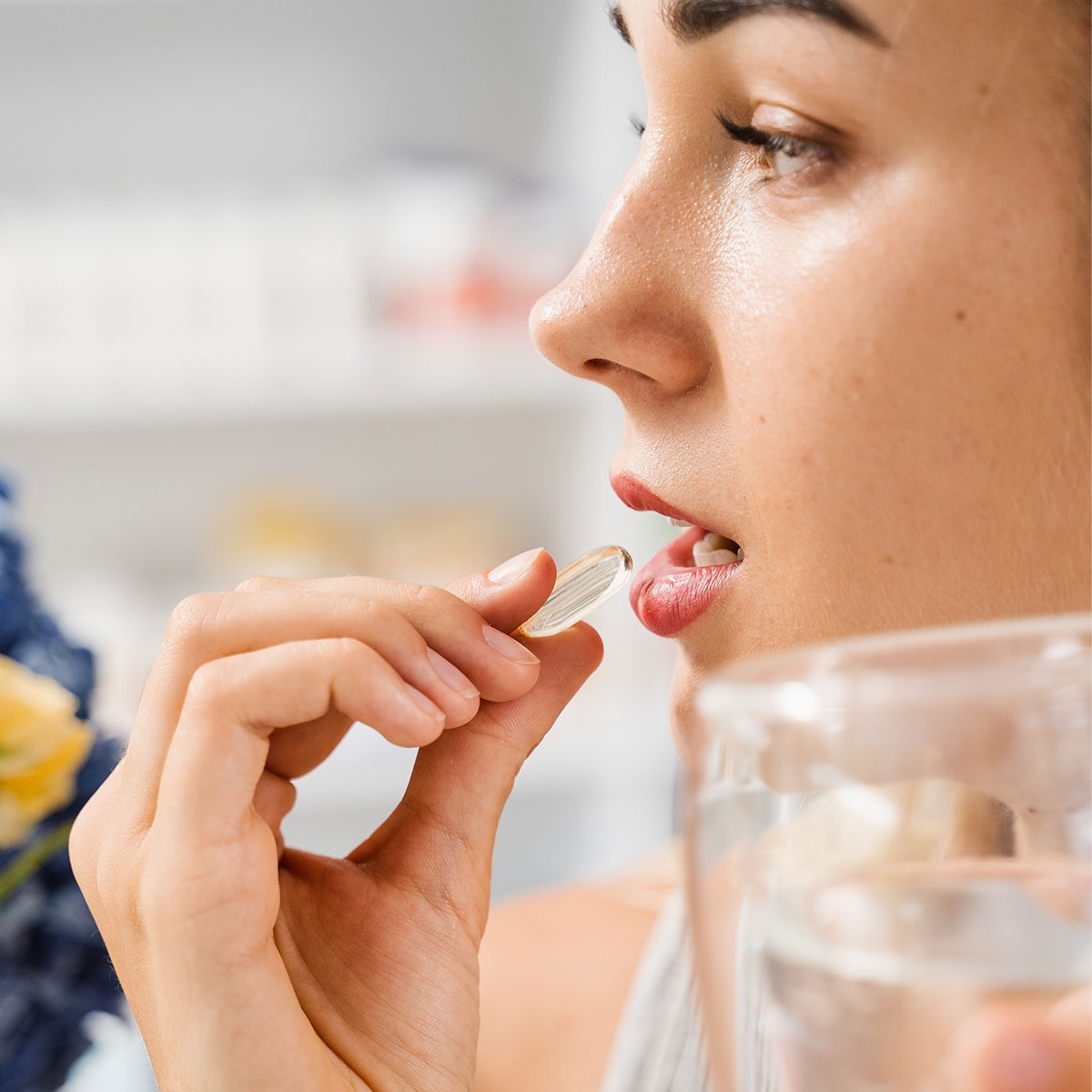
Which Hair Supplements Are Actually Worth Trying?
1. Biotin
Ghanima Abdullah, hair expert and cosmetologist at The Right Hairstyles, deems biotin to be a no-fail supplement choice if your goal is to grow back longer, healthier and fuller tresses. "Biotin is worth it. It increases circulation to the scalp to aid hair growth and stop hair thinning," she says.
"Biotin stimulates hair growth by increasing energy synthesis within the blood and delivering more blood flow to the scalp," she explains. "So whether you're taking it as a supplement or using it topically, it's bringing nutrients to the hair follicle where they are needed most," she adds.
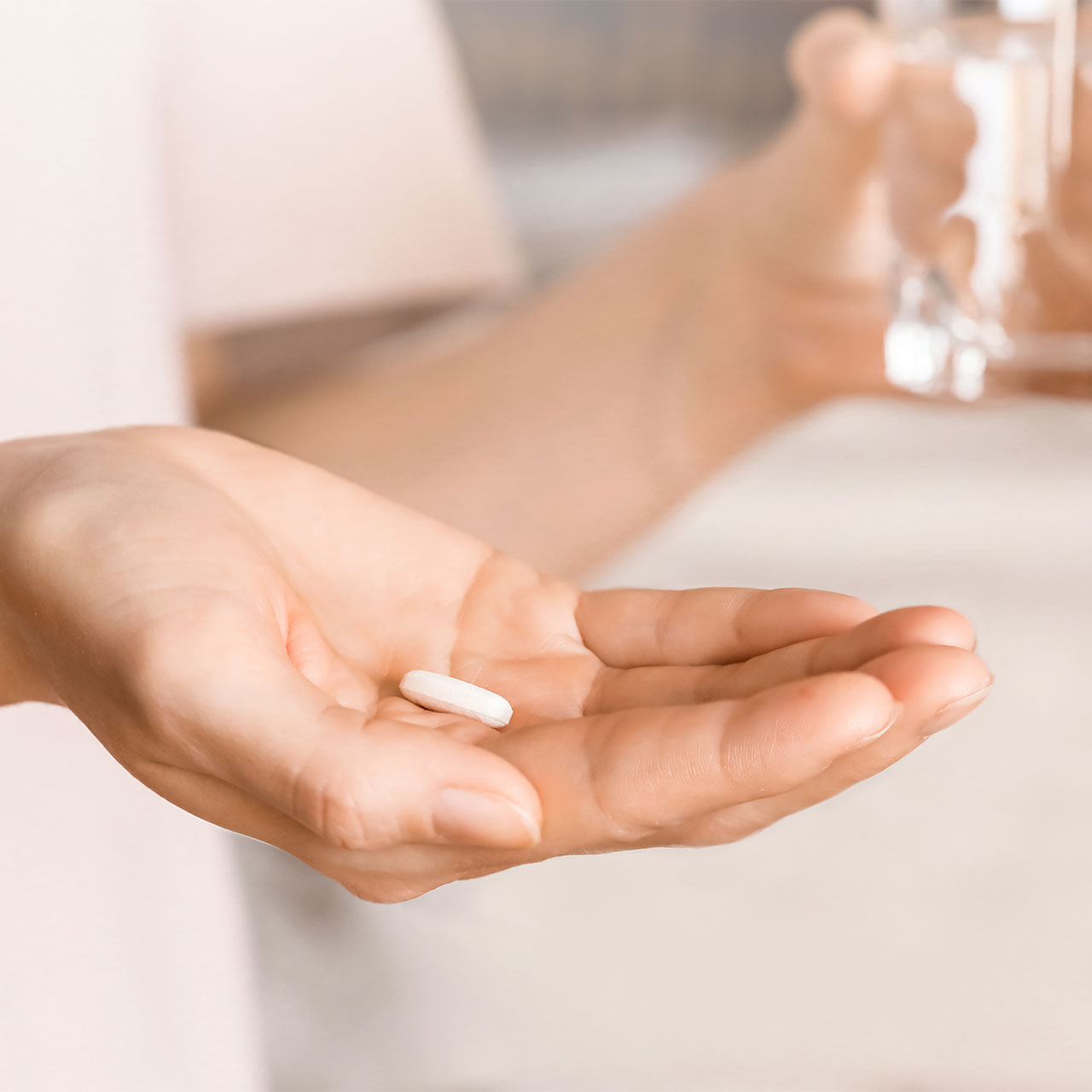
2. Pumpkin Seed Oil
"Pumpkin seed oil is also worth it as a supplement ingredient, or even all by itself," Abdullah says. She explains that it has "been scientifically proven to grow more hair and aid those who have thinning hair."
Ultimately, she emphasizes that while biotin and pumpkin seed oil may be more beneficial to try than collagen, elastin, and coconut oil supplements, it is essential to visit a dermatologist or another hair specialist to decide which solution is best for your personal hair thinning situation.

Dieting Advice For Healthier Hair Growth
Ultimately, both Dr. Elaine F. Kung, MD, FAAD, board-certified dermatologist and founder of Future Bright Dermatology and Abdullah stress that visiting a dermatologist and/ or other hair expert to assess your scalp and hair loss is best when looking for a supplement. One supplement will not treat everyone's individual hair loss or thinning hair problem, they say, and taking many at once will not either.
When prioritizing your hair health, Dr. Enrizza P. Factor, dermatologist and writer at My Eczema Team, says to look at your diet, first and foremost. "How fast your hair grows depends on factors like age, health, genetics and diet.
Although you can’t change factors like age and genetics, diet is one thing you have control over," she explains. "In fact, consuming a diet lacking the right nutrients can lead to hair loss. On the other hand, eating a balanced diet with the right nutrients can help promote hair growth, especially if you’re experiencing hair loss due to poor nutrition," she continues.
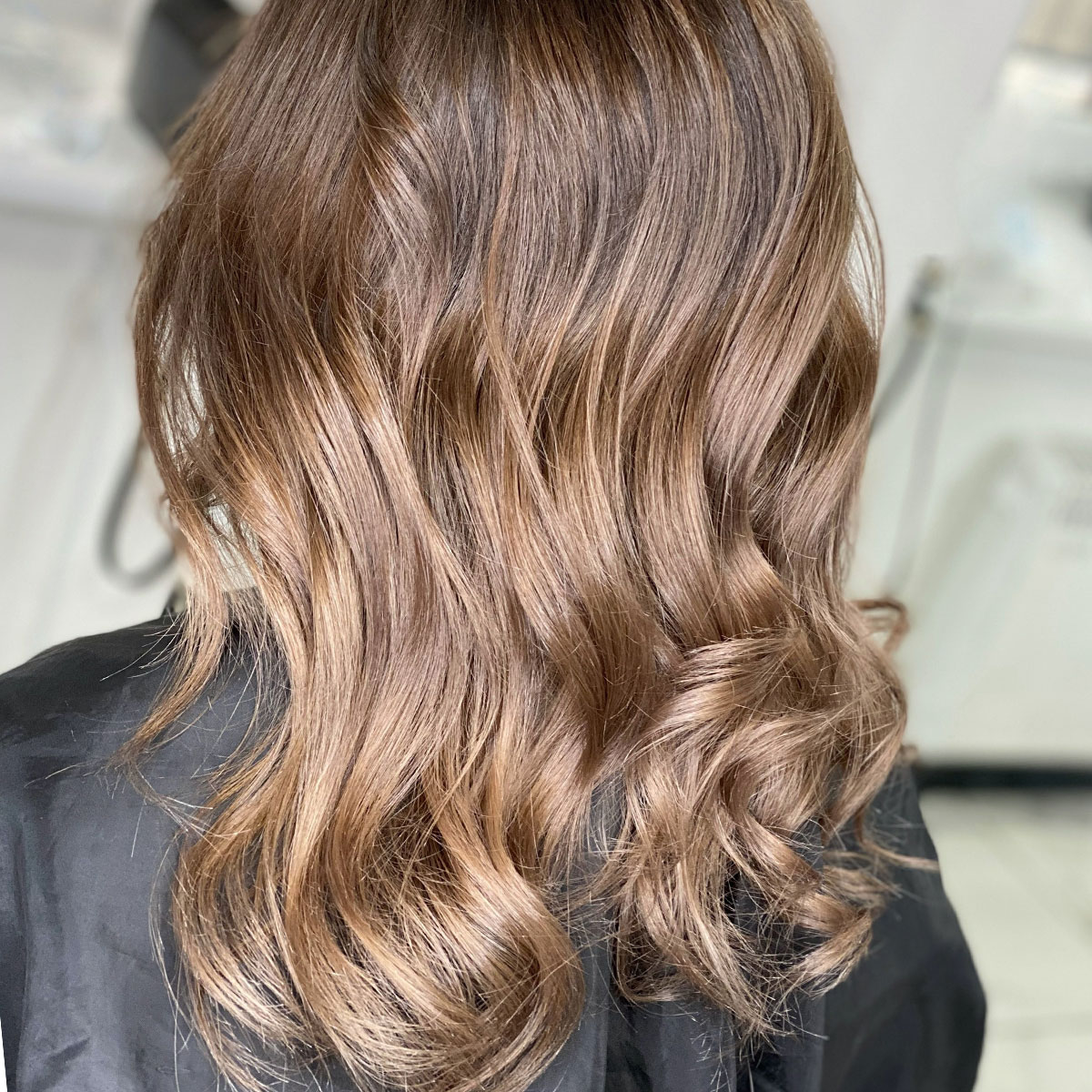
The Bottom Line
With that said, Factor recommends foods like "legumes, like lentils, that are packed with nine essential vitamins and minerals, including B vitamins and biotin." She also advises eating more eggs, as they "also contain B12, vitamins A and E, iron, and biotin."
"What you eat can have a huge effect on the health of your hair," Factor stresses while also listing nuts, seeds, liver, sweet potatoes, mushrooms and bananas as more biotin-rich foods. "A lack of the right nutrients including vitamins A, C, D and E, zinc, B vitamins, iron, biotin, protein and essential fatty acids may slow down hair growth or even cause hair loss," she concludes. Good to know!


